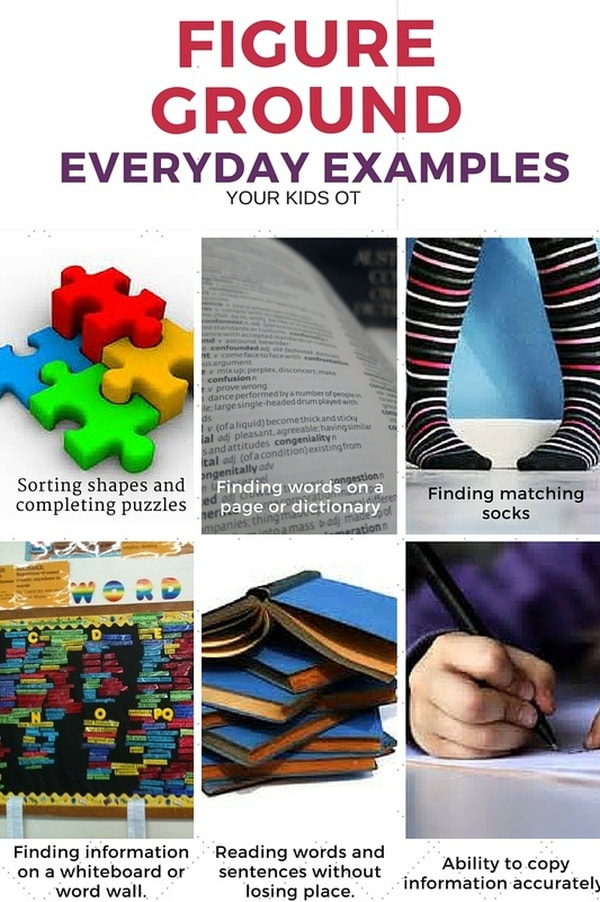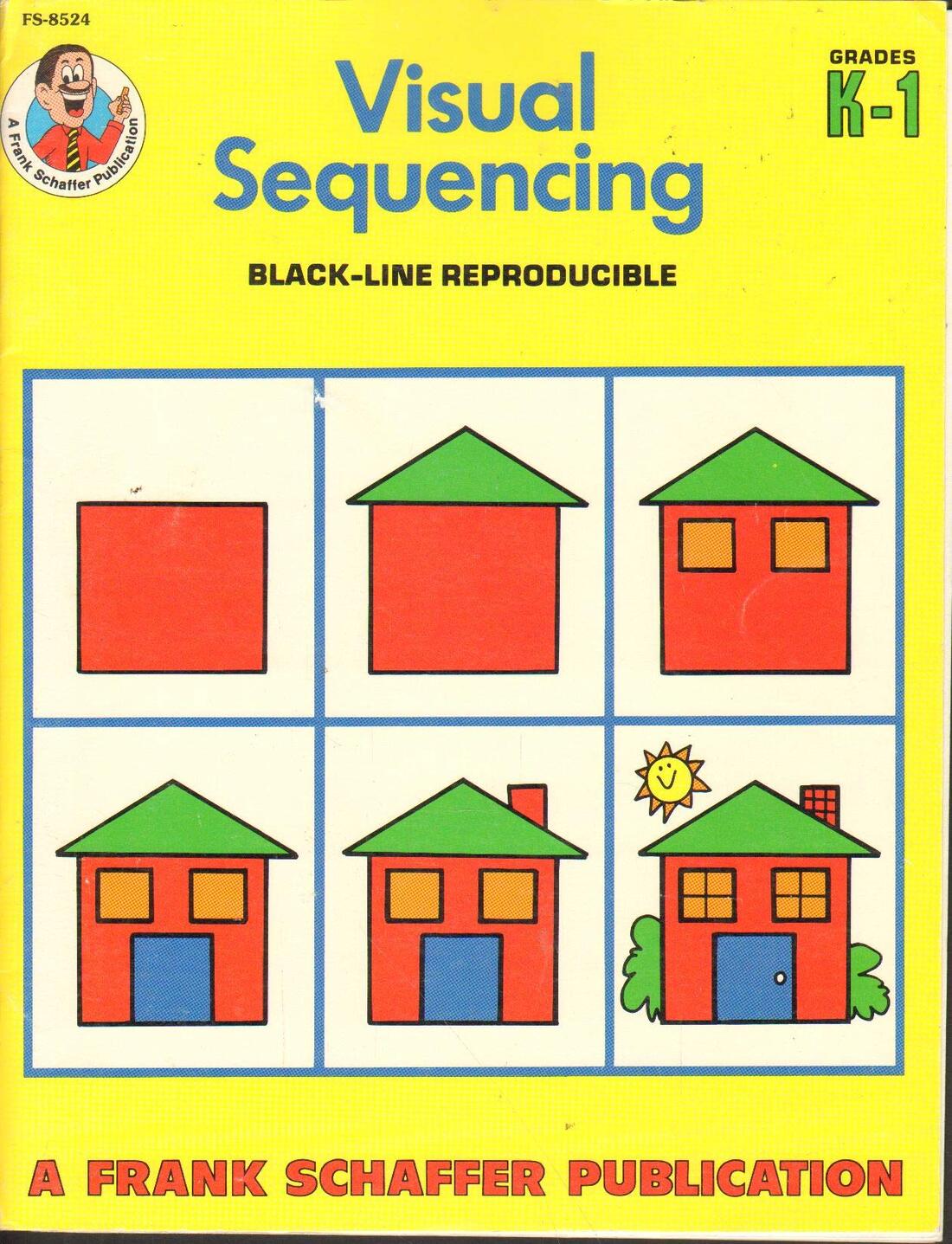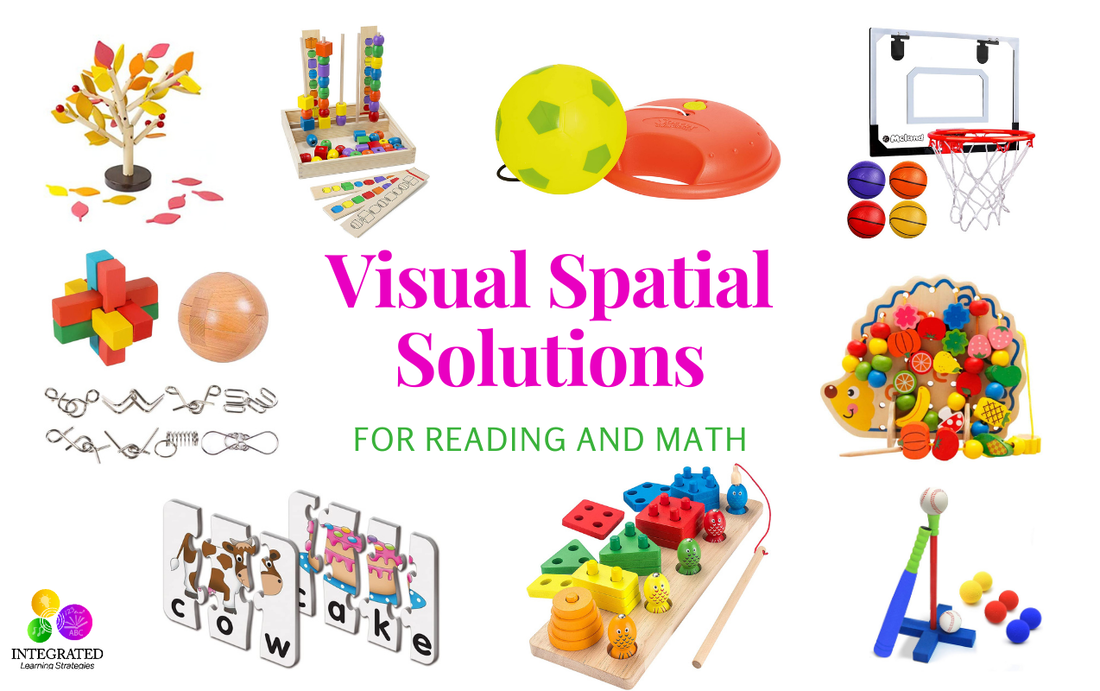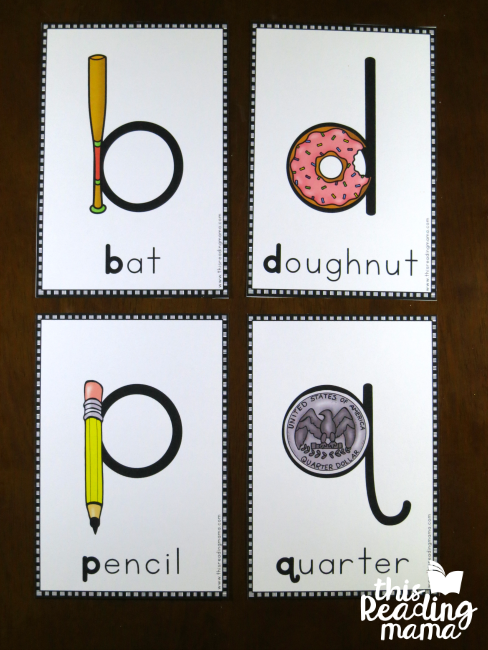|
An individual can have clear sight but may have trouble understanding and explaining what they have seen. Our brain needs to process the information to understand and convey what they see. Difficulties with visual processing affect how visual information is interpreted by the brain (Koller, 2012). |
Most hidden challenges are the ones we cannot see.
We only see how they are trying to cope from the outside.
|
How do we know if the problem lies with the message that the eyes are receiving or with the brain’s processing? To rule out, myopia, issues with visual acuity or sharpness of vision, please obtain an eye check first with an optometrist. |
|
DIAGNOSIS & ASSESSMENT
|
You can obtain Visual Processing Assessments with an Occupational Therapist. Or Vision Therapy Assessments with a Vision Therapist |
|
QUOTED: This sensory audit is to help staff to assess and create an environment that enables the participation of pupils with autism. It does not cover all aspects, but gives ideas on the ways in which a setting might be altered if pupils experience sensory processing difficulties and find it hard or very anxiety-provoking to tolerate certain sensations or situations.
|
8 Types of Visual Processing Issues
|
1. Visual Discrimination
Kids with this type have difficulty seeing the difference between two similar letters, shapes or objects. May find it difficult to match similar visual representations as well. May confuse with reversals too. May have difficulty with facial recognition and even see differences with locations. |
|
|
|
|
|
2. Visual figure-ground discrimination Kids with this type may not be able to pull out a shape or character from its background. Foreground may look like blended to the background as one flat plain, with depth perception issues can also give rise to these troubles. Sometimes an individual may seem to have trouble making the room neat and tidy, or finding their lost keys even though it is right in front of them. OT Katherine Collmer shares, "During handwriting tasks, figure-ground discrimination skills are those that give us the ability to scan the page and look for errors, or to find the correct place on the line to write the letters in the first place!" |
|
Strategies & Activities
3. Visual SequencingThey can have difficulty telling the order of symbols, words or images. This can be confused as it is quite similar to sequencial concepts. So the task is to teach concept first, before you observe on the referencing of items. Categorization needs to be taught as well. With these pre-requisites you can decipher whether what is affecting the way the individual is interpretating the information.
|
4. Visual-Motor ProcessingThey can have difficulty using feedback from the eyes to coordinate the movement of other parts of the body. Now this can affect all sports, all manipulation of fine-motor activities. It can be obviously noticeble if the individual has high fine-motor skills, but are not fast or efficient enough to speed carry the task out. Speed tests can be implemented. Looking at an item from far, and copying is also one of the challenges. Because the eyes need to look up and translate the information on the paper which moves downwards. This translation can even be spotted to work together with visual retention. So children can have both occuring at the same time, resulting in a math answer, written on the left and copying the answer into the box on the right; both answers may end up differently. The information gets lost once the eye tracking is having difficulties coping other information towards the box on the right. In other words, avoiding banging into things, catching a falling ball, can have trouble with executing the hand action even if the person sees it. |
|
Strategies & ActivitiesAPPS / AAC for Work or School |
|
5. Long- or Short-term Visual Memory
|
Difficulty recalling what they have seen. Visual short term memory (VSTM) is a memory system that stores visual information for a few seconds so that it can be used in the service of ongoing cognitive tasks. The challenge is knowing whether the child understands what they have seen, versus remembering what they have seen. It sometimes can be misunderstood as forgetting what they have learnt, or not paying attention. This is a very tricky hidden difficulty indeed. Implementation of coping strategies, like writing notes or reminders can help them recall the information as they already understood it.
|
|
|
Strategies & ActivitiesAPPS / AAC for Work or School |
6. Visual-spatial |
Individuals can have difficulty telling where objects are in space. That includes how far things are from them and from each other. It also includes objects, environments like walking down the stairs and characters described on paper or in a spoken narrative. Individuals may also have a tough time reading maps and judging time.
Visual spatial and many other visual difficulties can affect math learning as well, sometimes the shapes cannot be differentiated 2 dimensional and 3 dimensional. The space management when it comes to writing calculations can also pose problems, as the individual may not know how to plan how much space is needed. Coping strategies for routines like start from left and working downwards and separating the other half for the next column can be implemented. The best plans work well to help the individual learn how to plan when it comes to writing, packing and drawing. |
Strategies & ActivitiesAPPS / AAC for Work or School |
A child with depth perception challenges, will find certain activities very challenging. Sports, fast paced games, even walking down the stairs or taking escalators. Where is the step? They might feel like falling. Slow is the key to success. Walk your child on a daily basis, with a short flight of stairs. Do some singing, while walking up and down the stairs. Remember to insist on holding the rail, to help body feel where are they in space, while moving down. Usually, looking down is impacted. Make it fun, and not a chore. Slowly the body will feel more confident, and more motor memory to aid in this challenge in the future. Allow individual to use the lift as aid and choice, instead of escalators. One strategy to help with the extreme anxiety when there are escalators, is to do a pre-empt count. 3,2,1, and step. Focus on the one escalator thing to step on, the escalator does not immediately separate staircases, so there will be time to shift feet onto the step. Keep this 3,2,1 in mind, to reduce the anxiety. |
Difficulty identifying an object when only parts are visible.
|
|
|
Wholey Shapes from Phil Weaver on Vimeo. |
Strategies & ActivitiesAPPS / AAC for Work or School |
The individual confuses and reverses letters, such as "b's" for "d's" and "p's" and difficulty with Visual Orientation.
Whole body learning can help with getting connections with how it feels in space. Like writing in sand, or air to bring other body information to link to to the way it is formed visually.
|
Other Strategies & Interventions
RESOURCES
|
Websites/ Blogs
|
OTHER ACCOMODATIONS CLASS / WORK
Please DO NOT print out for DISTRIBUTION/ SALE or infringe copyrights. These are only used to share knowledge purposes.
This resource site includes inclusive services for all types of professionals. The reviews are from parents who shared their positive experiences with them. Do note that every individual is unique, and not every service provider is one size fits all. Negative feedback will not be displayed but do contact us if you feel that there are concerns, and we will decide to review for removal on a case-by-case basis. If you have come across any inclusive services that could benefit another family do contact us to place their services for other parents to find. Thank you people :D
Facebook Advocacy:
(Updated events and sharings will be also available at
www.facebook.com/ANeurodiversityRoadOfLoveSg/
This resource site includes inclusive services for all types of professionals. The reviews are from parents who shared their positive experiences with them. Do note that every individual is unique, and not every service provider is one size fits all. Negative feedback will not be displayed but do contact us if you feel that there are concerns, and we will decide to review for removal on a case-by-case basis. If you have come across any inclusive services that could benefit another family do contact us to place their services for other parents to find. Thank you people :D
Facebook Advocacy:
(Updated events and sharings will be also available at
www.facebook.com/ANeurodiversityRoadOfLoveSg/
Copyright © 2017 NEURODIVERSE INCLUSIVE CENTRAL E-NETWORK . ALL RIGHTS RESERVED




